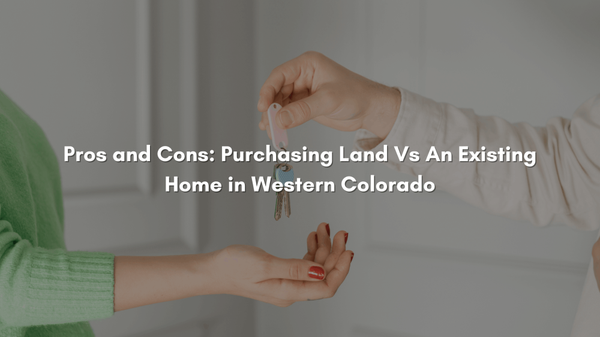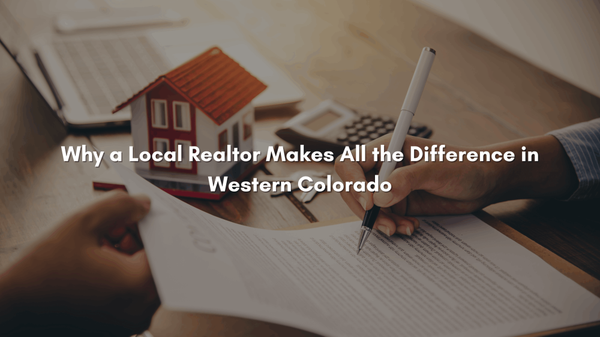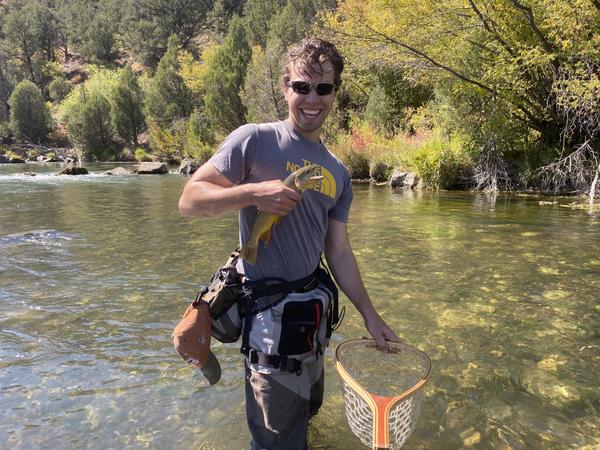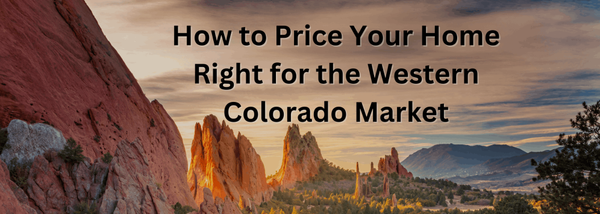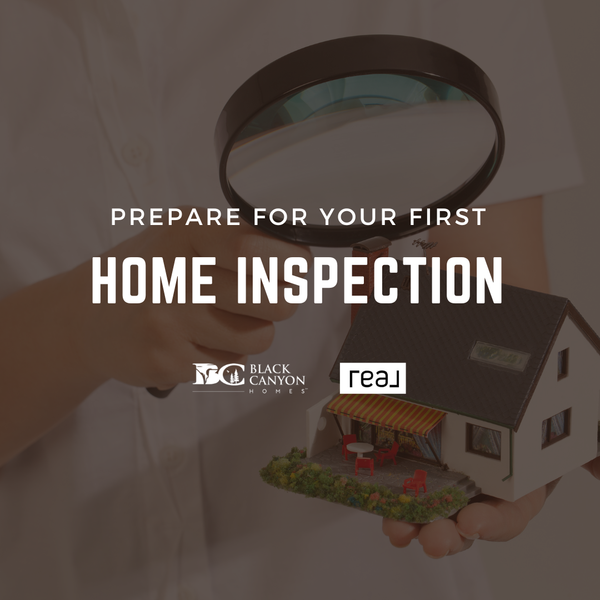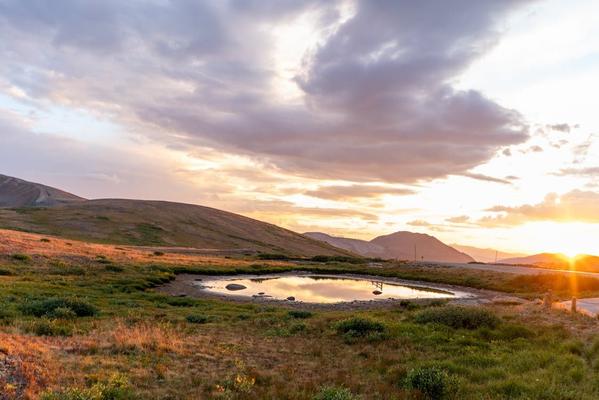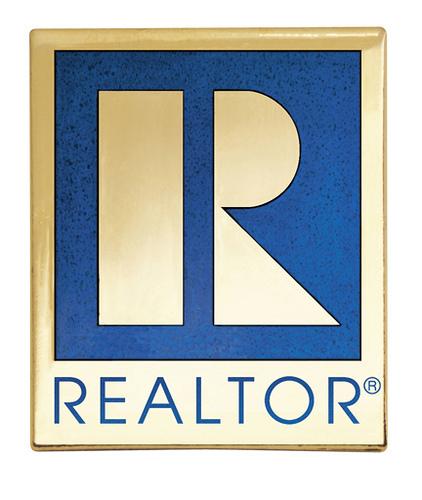
Great Time to Buy
Every year about this time, we see other agents starting to pull back on their ad spend because of the cyclical slowdown that happens. Last year we discovered something. We actually throttled forward our spend and spent the holidays working more than we wanted. What's that tell you? People are
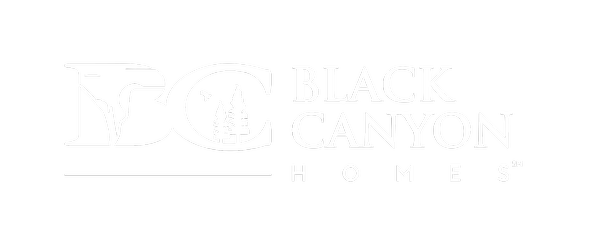
New Rules of Real Estate - 2024
LOTS of changes happening right now. Here is a great video from the president of Real Broker, LLC explaining what's up.

Buyer Agreement BEFORE You See a Home Or NOT???
Next weekend, according to NAR, if we talk about showing you a home, you will first need to have a buyer agreement in place before a single door opens. The form that establishes an agency agreement with a buyer is called an Exclusive Right to Buy Listing Agreement. The updated, education version c
Categories
Recent Posts
